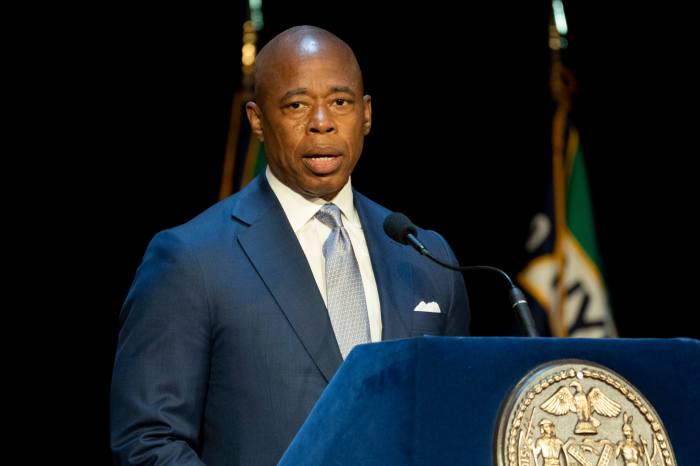SINGAPORE (Reuters) – Singapore proposed on Monday allowing private home owners to let out their property for short-term rentals but with an annual cap of 90 days a year – part of a consultation process welcomed by rental service Airbnb.
Private homes in Singapore are currently subject to a minimum rental period of three consecutive months, and such strict rules make the city-state one of the tougher markets in which Airbnb operates.
Two Airbnb hosts were fined S$60,000 ($45,800) each by a local court this month for unauthorized short-term letting.
Singapore’s proposal to limit rentals days is broadly in line with measures introduced by other cities such as Paris, London and Amsterdam. The city state has begun seeking public feedback on the proposal and other measures to regulate the sector.
Airbnb, which previously called Singapore’s regulatory framework “untenable” after news of the illegal rentals broke late last year, said on Monday it welcomed the consultation.
“We’re committed to reasonable solutions that will allow responsible home sharing to thrive in Singapore and welcome the opportunity to provide feedback through the consultation process,” said Mich Goh, head of public policy for Airbnb Singapore.
While Singapore has been an early adopter of the sharing economy, it is also keen to minimize any potential negative impact of allowing short-term rentals, as most of the wealthy but land-scarce city-state’s 5.6 million people live in public and private apartments.
The proposed rules require that a significant majority of owners in a condominium complex agree to the presence of short-term rentals in their development.
The government is also seeking feedback on issues such as what homes should qualify and the responsibilities of short-term accommodation companies, the Urban Redevelopment Authority (URA) said on Monday.
The URA said it will also consider the licensing of operators that advertise or market short-term rental units.
Responsibilities of such companies could include paying relevant taxes on revenue generated from business activities in Singapore and facilitating the collection of taxes from hosts.
The agency said it would consider factors such as the type of residential development and the character of the area when assessing applications for short-term rentals.
The public can provide feedback until May 31.
(Reporting by Aradhana Aravindan; Editing by Miyoung Kim and Edwina Gibbs)















